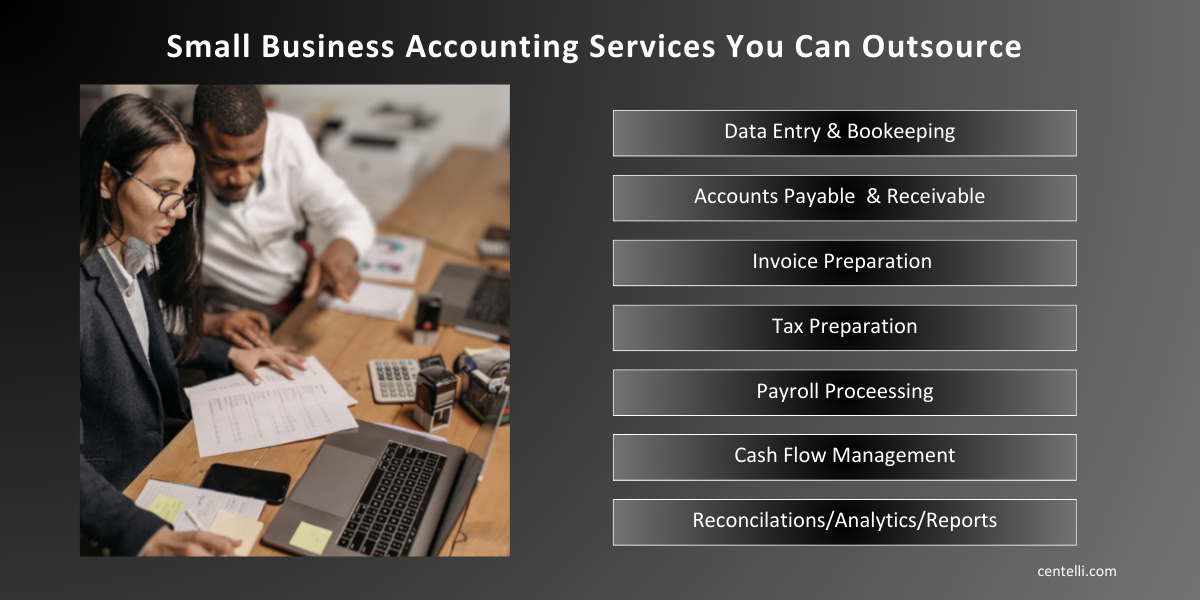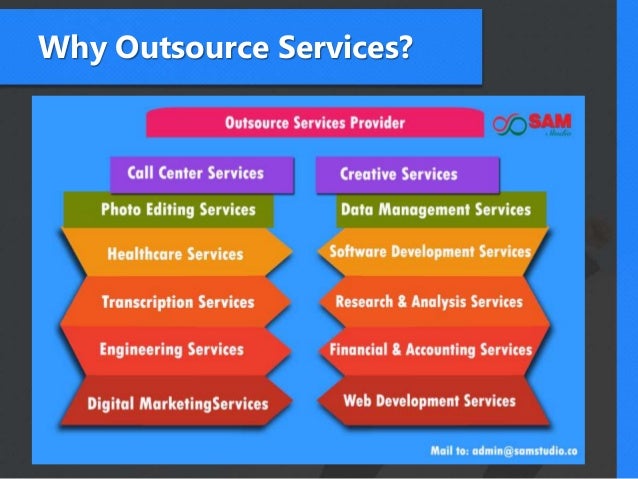Small Business Outsourcing Services

The relentless pressures of inflation, labor shortages, and evolving technological landscapes are forcing small business owners to confront an unprecedented array of challenges. Many are finding that traditional methods of operation are no longer sustainable.
As a result, a significant trend is emerging: the strategic adoption of outsourcing services. From accounting and marketing to IT support and customer service, small businesses are increasingly turning to external providers to streamline operations, cut costs, and gain access to specialized expertise.
This article delves into the escalating reliance on outsourcing by small businesses, exploring the driving forces behind this shift, the specific services most in demand, the potential benefits and risks involved, and the overall impact on the small business ecosystem.
The Rise of Outsourcing: A Survival Strategy
The decision to outsource is often driven by a confluence of factors. According to a recent survey by the National Federation of Independent Business (NFIB), a significant percentage of small business owners cite rising operating costs as a primary concern.
Outsourcing provides a means to mitigate these costs by eliminating the need for in-house staff and associated expenses such as salaries, benefits, and training.
Furthermore, the ongoing labor shortage has made it increasingly difficult for small businesses to attract and retain qualified employees, making outsourcing a viable alternative for filling critical roles.
Key Services in High Demand
Several specific areas are experiencing a surge in outsourcing activity. Accounting and bookkeeping remain highly sought-after services, with many small businesses opting to delegate these tasks to specialized firms to ensure accuracy and compliance.
Digital marketing is another area of growing importance, as businesses strive to enhance their online presence and reach new customers through search engine optimization (SEO), social media marketing, and content creation.
IT support and cybersecurity are also gaining traction. Protecting sensitive data and ensuring seamless technology operations are crucial for small businesses in today's digital landscape. Therefore, they often lack the internal expertise to handle these complexities effectively.
The Benefits: Efficiency, Expertise, and Scalability
The advantages of outsourcing are multifaceted. It allows small business owners to focus on their core competencies, rather than being bogged down by administrative or technical tasks.
By leveraging the expertise of specialized providers, businesses can improve efficiency, enhance quality, and drive innovation.
"Outsourcing allows us to access top-tier talent without the burden of hiring full-time employees," explains Sarah Chen, owner of a small e-commerce business. "This has been instrumental in scaling our operations and competing with larger players in the market."
Moreover, outsourcing provides scalability, enabling businesses to adjust their resources up or down as needed to respond to changing market conditions.
The Risks: Quality Control, Communication, and Security
While the potential benefits of outsourcing are substantial, it is essential to acknowledge the potential risks. Maintaining quality control can be a challenge, particularly when working with remote teams or overseas providers.
Effective communication is critical to ensuring that outsourced tasks are completed to the required standards and within the agreed-upon timeframe.
Data security is another paramount concern, as businesses must take steps to protect sensitive information from unauthorized access or breaches. Thorough due diligence and robust contracts are essential to mitigate these risks.
Navigating the Outsourcing Landscape
Small business owners should carefully evaluate their needs and objectives before embarking on an outsourcing strategy. Defining clear goals, conducting thorough research, and selecting reputable providers are crucial steps to success.
Establishing clear communication channels, setting measurable performance metrics, and implementing robust monitoring systems are also essential for managing outsourced relationships effectively. The Small Business Administration (SBA) offers resources and guidance to help small businesses navigate the outsourcing landscape.
Building strong partnerships with outsourcing providers is crucial to ensure long-term success and mutual benefit.
The Future of Small Business Outsourcing
The trend towards outsourcing is expected to continue, driven by advancements in technology, globalization, and the increasing complexity of the business environment. As technology continues to evolve, new outsourcing models are emerging, such as robotic process automation (RPA) and cloud-based services.
These advancements are making outsourcing more accessible and affordable for small businesses of all sizes. The rise of the gig economy and the increasing availability of remote workers are also contributing to the growth of the outsourcing market.
In conclusion, outsourcing is no longer just a cost-cutting measure; it has evolved into a strategic tool that enables small businesses to thrive in an increasingly competitive world. By carefully considering the benefits and risks, and by implementing effective management practices, small business owners can leverage outsourcing to unlock new levels of efficiency, innovation, and growth.


.png)















